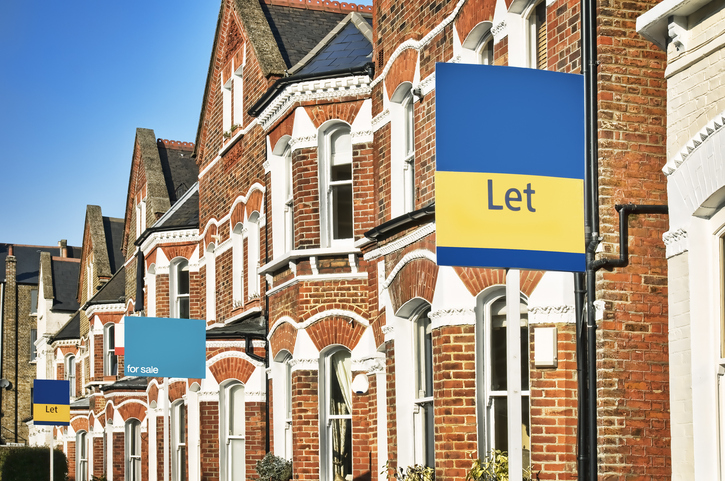
Rental licences are a key part of the UK’s regulatory framework for the private rented sector. They are designed to ensure that rental properties meet minimum standards for safety, maintenance, and tenant welfare. Recent headlines involving Chancellor Rachel Reeves have brought this issue into sharp focus, after it emerged she had been renting out her South London property without the required licence.
What Is a Rental Licence?
A rental licence is a legal requirement in certain circumstances for landlords who wish to let out residential properties. There are three main types of licensing schemes in England and Wales:
- Mandatory HMO Licensing
Required for Houses in Multiple Occupation (HMOs) with five or more tenants forming two or more households who share facilities like kitchens or bathrooms. - Additional Licensing
Some councils extend licensing to smaller HMOs (e.g., three or four tenants) in areas with high rental activity or housing concerns. - Selective Licensing
This applies to all privately rented properties in designated areas, regardless of size or tenant type. It’s typically introduced to tackle issues like poor housing conditions, anti-social behaviour, or high levels of deprivation.
When Is a Rental Licence Required?
Whether a rental licence is needed depends on:
- The type of property (e.g. HMO vs single-family home),
- The number of tenants, and
- The location – local councils have discretion to implement licensing schemes in specific areas.
For example, Southwark Council in London operates a selective licensing scheme, meaning landlords in certain zones must obtain a licence before renting out their property.
Who Needs to Obtain a Licence?
The landlord is legally responsible for obtaining the licence, even if they use a letting agent. Failure to do so can result in:
- Fines of up to £30,000,
- Rent repayment orders (tenants can claim back up to 12 months’ rent), and
- Prosecution for criminal offences.
Rachel Reeves’ Rental Licence Controversy
Rachel Reeves, Chancellor of the Exchequer, recently admitted to renting out her Dulwich home without a required selective licence. The property was let for £3,200 per month, and she could now face a rent repayment claim of nearly £40,000 from tenants.
Reeves described the lapse as an “inadvertent mistake”, stating that her letting agent had offered to apply for the licence but failed to follow through. Despite this, Reeves accepted full responsibility, as the legal obligation lies with the landlord.
The incident has sparked political backlash, with calls for a formal investigation. However, Prime Minister Keir Starmer has stated that no further action is necessary, citing Reeves’ prompt apology and steps to rectify the situation.
Why This Matters
Reeves’ case has shone a spotlight on rental licensing laws and their enforcement. It has:
- Raised public awareness of licensing requirements,
- Prompted a surge in tenant complaints and rent repayment claims across the UK, and
- Highlighted the importance of landlord accountability, even at the highest levels of government.
Key Takeaways for Landlords and Tenants
- Landlords should check with their local council to see if their property requires a licence.
- Tenants can verify if their landlord has the correct licence and may be entitled to compensation if not.
- Letting agents may assist with applications, but the legal responsibility remains with the landlord.
The content of our site is provided for general information purposes only and does not constitute legal or other professional advice.

